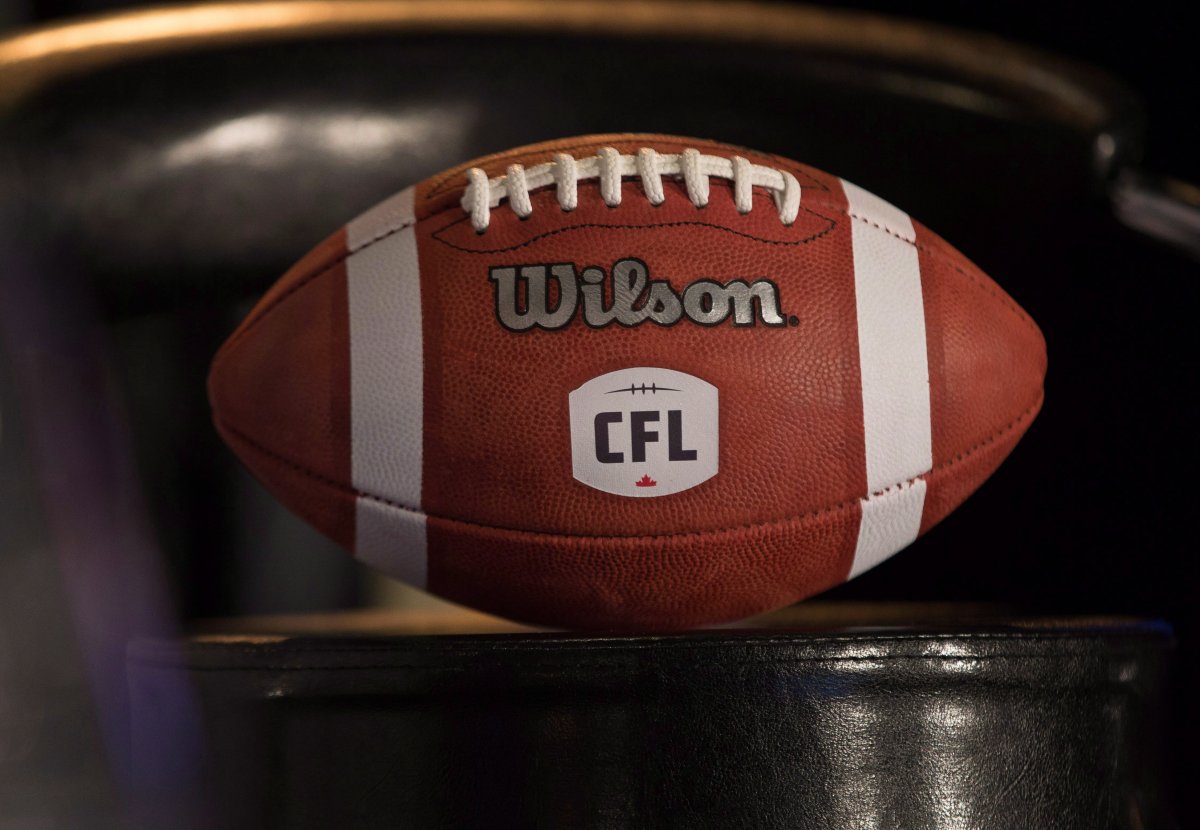Now that recreational cannabis is legal in Canada, here’s a look at the marijuana policies major sports leagues that operate in the country currently have.
On the gridiron
While the National Football League can suspend players for marijuana-based infractions, the Canadian Football League has a much different approach.
“Our drug-testing policy for players has never included testing for marijuana or other recreational drugs,” CFL commissioner Randy Ambrosie said in a statement. “It focuses on performance-enhancing drugs. That will continue to be the case.”
Being a sports league that operates exclusively in Canada, the CFL has been forced to address how the legalization of cannabis could affect their operations just like many other Canadian employers have.
“This is uncharted territory, of course, but at this point, it appears the effect on the CFL will be minimal,” Ambrosie said.
But legalization doesn’t give CFL staff and players carte blanche on behaviour.
“We expect all of our employees, those working in our business offices as well as those who compete on the field, to act responsibly and in compliance with the law,” Ambrosie said. “That obviously includes not coming to work impaired from any substance.
“We have faith our employees will display that sort of common sense.”
CFL management does recognize that with medical marijuana being legal for the past few years, their staff and players could have marijuana prescribed to them by a doctor.
“The use of any medication is a matter between physician and patient. The league would not interfere in that relationship,” Ambrosie said.
Hoops and baseball
Players in the National Basketball Association are fined $25,000 USD for a second positive test for marijuana, followed up by game suspensions for each following positive test.
A Toronto Raptors spokesperson told The Associated Press it’s business as usual for the team because the new laws in Canada don’t change NBA drug policy.
A Major League Baseball player on a 40-man roster can be fined up to $35,000 USD and players not on the 40-man roster can face 50- and 100-game suspensions for second and third positive tests.
“Cannabis continues to be a prohibited substance and a positive test can still result in a sanction.”
Natural and synthetic cannabinoids — except cannabidiol — are on WADA’s list of substances that are prohibited in competition.
On the ice
According to National Hockey League commissioner Gary Bettman, Oct. 17 is just another game day for the league.
“The Substance Abuse & Behavioral Health Program for decades has been educating players on using drugs, legal or illegal,” Bettman said in a statement. “That process will continue and we will consider what changes, if any, in our program have to be made.
“But right now, we think based on the educational level and what we do test for and how we test, at least for the time being, we’re comfortable with where we are.”
READ MORE: Canada’s move to legalize cannabis won’t change NHL, at least not yet
The NHL Players’ Association echoed Bettman’s statement.
“Nothing is changing in our sport, despite the upcoming law change in Canada,” the NHLPA said.
But both the NHL and NHLPA said testing positive for marijuana does not result in disciplinary measures like fines or suspensions.
Part of the SABH includes program doctors travelling to each team to answer questions from players about drugs like cannabis.
As of Oct. 17, seven NHL teams — six Canadian teams and the Colorado Avalanche — have home rinks in jurisdictions that have legalized recreational cannabis.
Jonathan Weatherdon of the NHLPA said the players’ association was also involved in player education on cannabis leading up to Oct. 17.
“We are working with the NHL to educate the players and clubs on matters to consider with respect to marijuana use,” Weatherdon said earlier this week.
The education efforts also addressed the frequent cross-border travel players do over the course of a season.
In a statement from American Hockey League president and CEO David Andrews, it’s business as usual for the NHL farm teams.
“The AHL’s policies regarding the use of controlled substances have not changed,” he said.
“Unless a player commits an offence in a jurisdiction where charges were laid by an appropriate public authority, the league would not become involved.”
Andrews said the AHL’s drug-testing program can test for cannabis.
“The AHL/PHPA (Professional Hockey Players’ Association) performance-enhancing substance program tests randomly, and cannabis use can be identified but does not lead to suspension.”
–With files from The Associated Press
